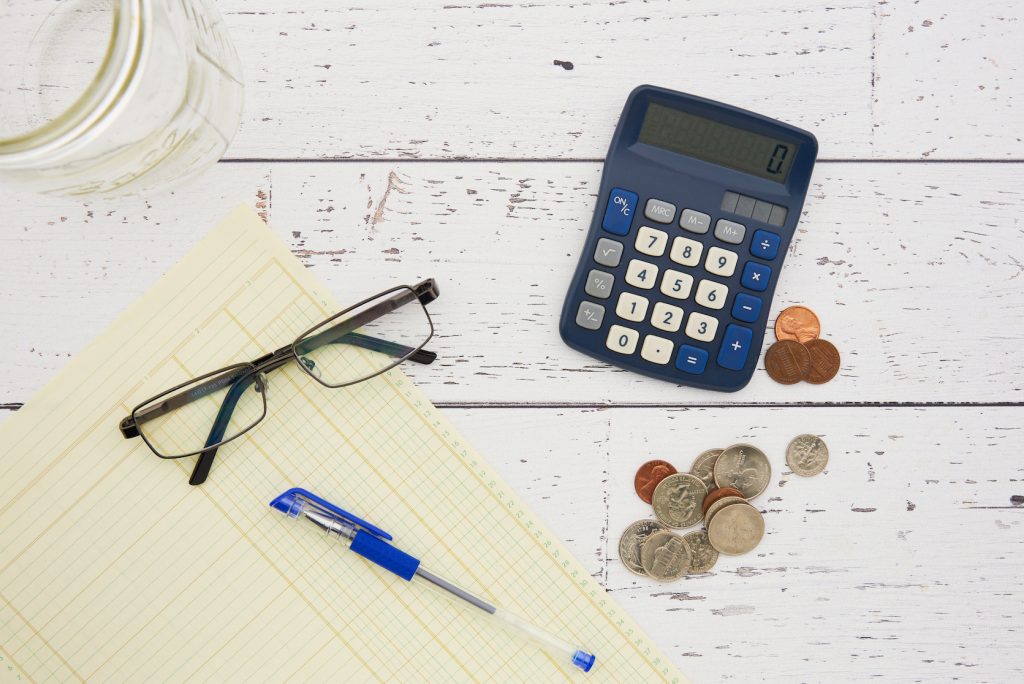In February 2022 Statistics New Zealand released figures showing a decrease in unemployment from the last quarter. The unemployment rate is now sitting at 3.2%. But simultaneously the government has also announced that in April 2022 the minimum wage will now increase to $21.20. So will the minimum wage increase affect the unemployment rate? Or will we continue to see low unemployment across the country? Shopless investigates what low unemployment means for employees and businesses across the country. And whether the minimum wage will affect current statistics going into the next quarter.
What does Low Unemployment Mean for NZ?
There are a few pros and cons about what is called a ‘full employment’ or a job market where a high number of the population have jobs. It obviously benefits those wanting to work, but can also have detriment to some workplaces and individuals.
- Low unemployment encourages a more diverse landscape in the workplace. Hopefully benefiting minority groups, in workplaces that are not typically diverse. Companies are also encouraged to consider diversity more when hiring, and create a sustainable workplace environment that retains employees and encourages a good workplace culture.
- Low unemployment means that some jobs such as some hospitality roles, and minimum wage jobs find it harder to employ workers.
- There is more choice for those looking to change the industry that they work in. Particular in areas such as agriculture and trades.
- This can have an effect on the quality and productivity of workers. For some areas that are desperate to get employees they may settle for workers that are inexperienced with specialised equipment and tasks. Other companies will rely on keeping staff rather than how productive the employees are and how they add value to the workplace.
How does Raising the Minimum Wage Impact New Zealanders?
- Those that are paid minimum wage will benefit from a minimum wage increase. This is helpful to accommodate the rising cost of living although it does not meet the significant rise of inflation in the past year.
- The increase means that those working part time hours or reduced hours due to less work are better supported, and are not forced into full time work.
- The increase in minimum wage primarily affects small businesses.Those that are struggling to meet current costs, it will also mean that businesses will choose to employ less staff for budgeting reasons putting pressure on current staff members.
- It may reduce the number of jobs on the market, as companies prioritise which roles they can afford to keep. And choose not to create new ones.
So will raising the minimum wage affect the unemployment rate?
Raising the minimum wage does have an effect on employment. Companies will use tactics such as not hiring new employees and reducing hours of some employees based on their contract. It may also mean some small businesses are struggling to meet the cost of inflation and the cost of hiring employees. So may reduce the amount of community small businesses. Unions are also split on whether an increase of the minimum wage is a good idea. They consider both employees and employers, as well as the hiring habits of companies.
Most statistics show that raising the minimum wage does increase the unemployment rate of a country. However factors such as less travel due to COVID, and a reduced worker pool also have an impact on the unemployment rate. Hopefully we will see a continued low unemployment rate as we transition towards a higher hourly wage.
Shopless has analysed the current unemployment rate. And the impact of an increased minimum wage in the New Zealand job market. If you are searching for a job, or would like to post a job listing. Make sure to check out Shopless’ job section here.
